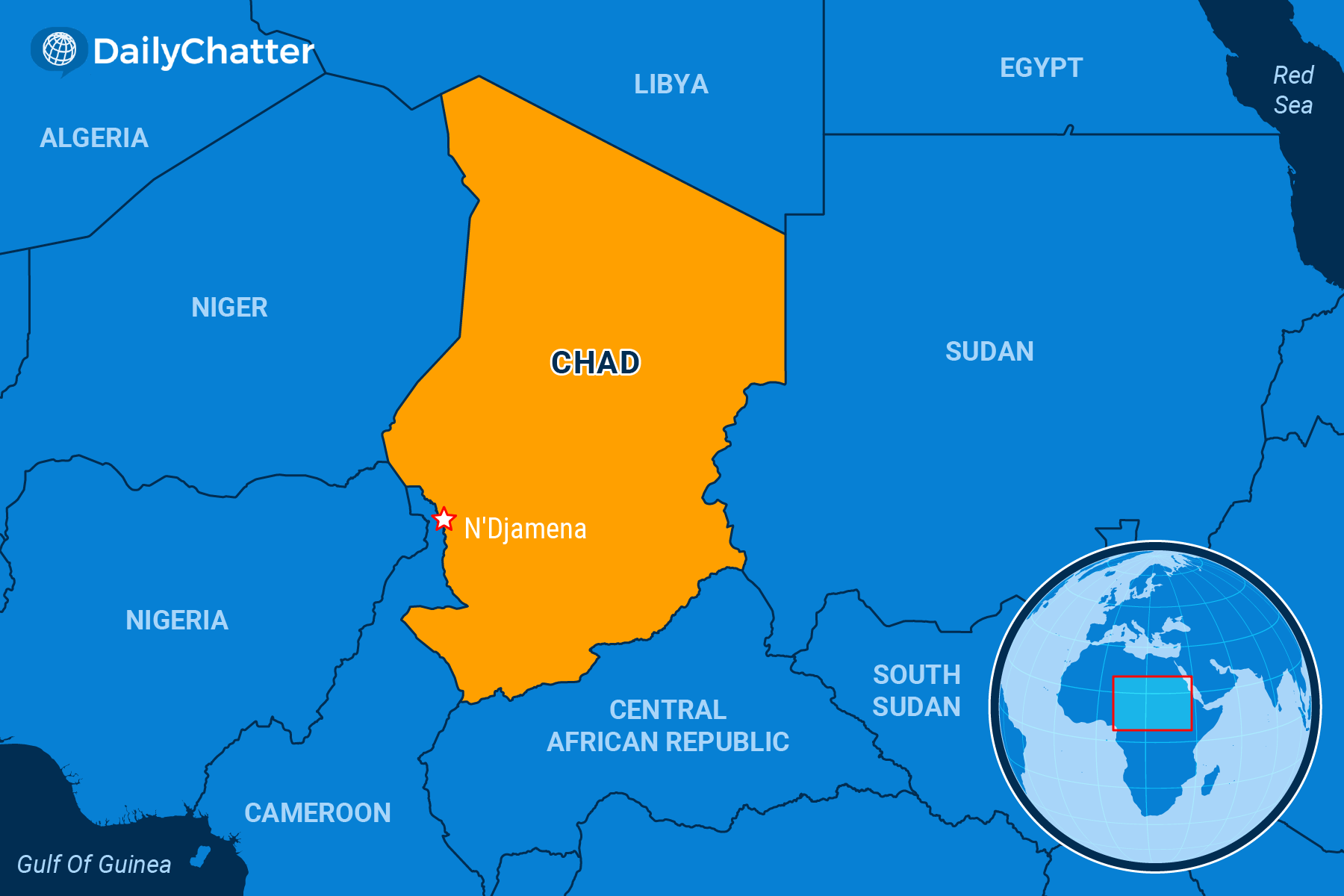NEED TO KNOW
Like Father, Like Son
CHAD

Earlier this year, Chadian President Idriss Deby Itno wanted to command his troops fighting against jihadist rebels in his country’s remote north. So he journeyed to the front, where he died in the fight, National Public Radio reported. Deby, 68, had been in power in the north-central African nation for more than 30 years, including in 2008 when France intervened to stop the very same rebels who then attacked the presidential palace in the capital of N’Djamena.
The announcement of the president’s death came shortly after officials declared that he had won reelection for a sixth five-year term. Those results were suspect, however. Freedom House ranks Chad as “not free,” noting that the president has never lost an election.
As Al Jazeera explained, under Chad’s laws, the speaker of parliament was supposed to take over in the event of the president’s death. Instead, the military seized power. Declaring the late president’s son, Mahamat Idriss Deby, 37, as interim president, they created a National Transition Council to oversee the inauguration of a new government. As interim president, the younger Deby recently issued a decree appointing members of an interim parliament, wrote the Africa Report.
Meanwhile, opposition parties criticized the “institutional coup,” the BBC reported. The rebels who killed the elder Deby issued a statement condemning the move, too: “Chad is not a monarchy.”
Those critics are watching their backs closely now. Amnesty International says that Chadian security forces are suppressing protests and ignoring freedom of expression. Authorities ban public gatherings, throttle the Internet that activists use to organize protests and shoot tear gas and other bullets at demonstrators. At least 16 people died in protests in April and May, for example.
Deby, meanwhile, is acting as a head of state. He recently met Turkish President Recep Tayyip Erdogan in Ankara to sign economic and security deals, the Hurriyet Daily News reported.
In late July, Deby issued a roadmap that included a national dialogue due to start in November to discuss the country’s future, and elections for a new president and parliament between June and September 2022.
Chad now faces three choices, says Troels Burchall Henningsen, a professor at the Royal Danish Defense College, in the Conversation. Elections planned under the roadmap could yield a flawed but free democracy, elections could occur but Deby and his cronies retain control, or the country descends into violence as powerful actors seek to minimize their losses and maximize their benefits under a new regime.
Deby can choose which option he wants to become reality. But for someone groomed for power, it’s an easy choice.
To read the full edition and support independent journalism, join our community of informed readers and subscribe today!
